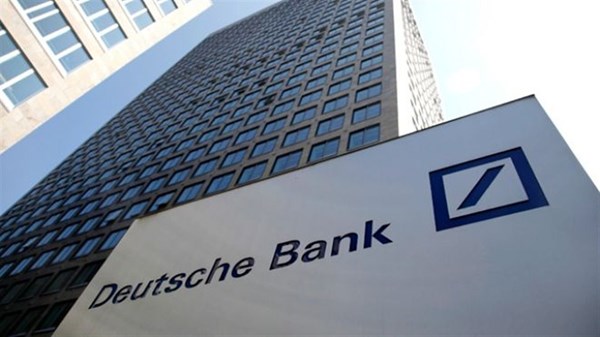Deutsche Bank threatens to break ties with Russia
On June 27, the London division of Deutsche Bank sent a letter to the Russian government, threatening to cut business ties unless it is provided with up-to-date information about clients, Vedomosti reports.
The letter says that Deutsche Bank is analyzing the services rendered to the Russian government and the Know Your Customer (KYC) documents in its possession. KYC is the process of identifying and collecting information on a client in order to prevent money laundering and the financing of terrorism.
According to the bank’s policy, and the requirements of regulators in the jurisdictions where Deutsche Bank operates, information on clients must be periodically updated, the letter states. Thus the bank can require the government to provide additional documentation, and “the inability to receive the most up-to-date information from your firm” could in turn force the bank to “terminate business relations”. The letter does not specify which services Deutsche Bank has provided or currently provides the Russian government.
In the letter, the bank asks the government to contact it, and notes that if no contact is made within 30 days, it may send a notice of the intention to terminate business relations. Thus the response deadline was at the end of July. According to two officials in the financial and economic sector, the Russian government has not sent a response, neither has there been any further communication from Deutsche Bank in this regard.
It is possible that Deutsche Bank was the underwriter or agent of certain deals with Russian government bonds; it is possible that a long time ago, some kind of mandate was signed for work in the privatization of state property, believes Andrey Pozhitkov, development director of UFG Wealth Management. According to European legislation, this would make the Russian government one of the bank’s clients, he explains.
As part of KYC tests, banks usually ask their customers for legal and location information, customer representatives, who can send instructions on the customer’s transactions, and copies of the passports of authorized representatives (for example, several persons could be under individual sanctions), the expert notes. Any organization can be a customer, even government organizations. Banks also ask about the origin of the funds, but this is done less for governments, Pozhitkov observes.
On multiple occasions, Deutsche Bank has acted as the organizing bank of loan bond issuances, and in a number of issuances it has been a fiscal agent, a federal official confirms. However, the bank has stopped offering these services.
